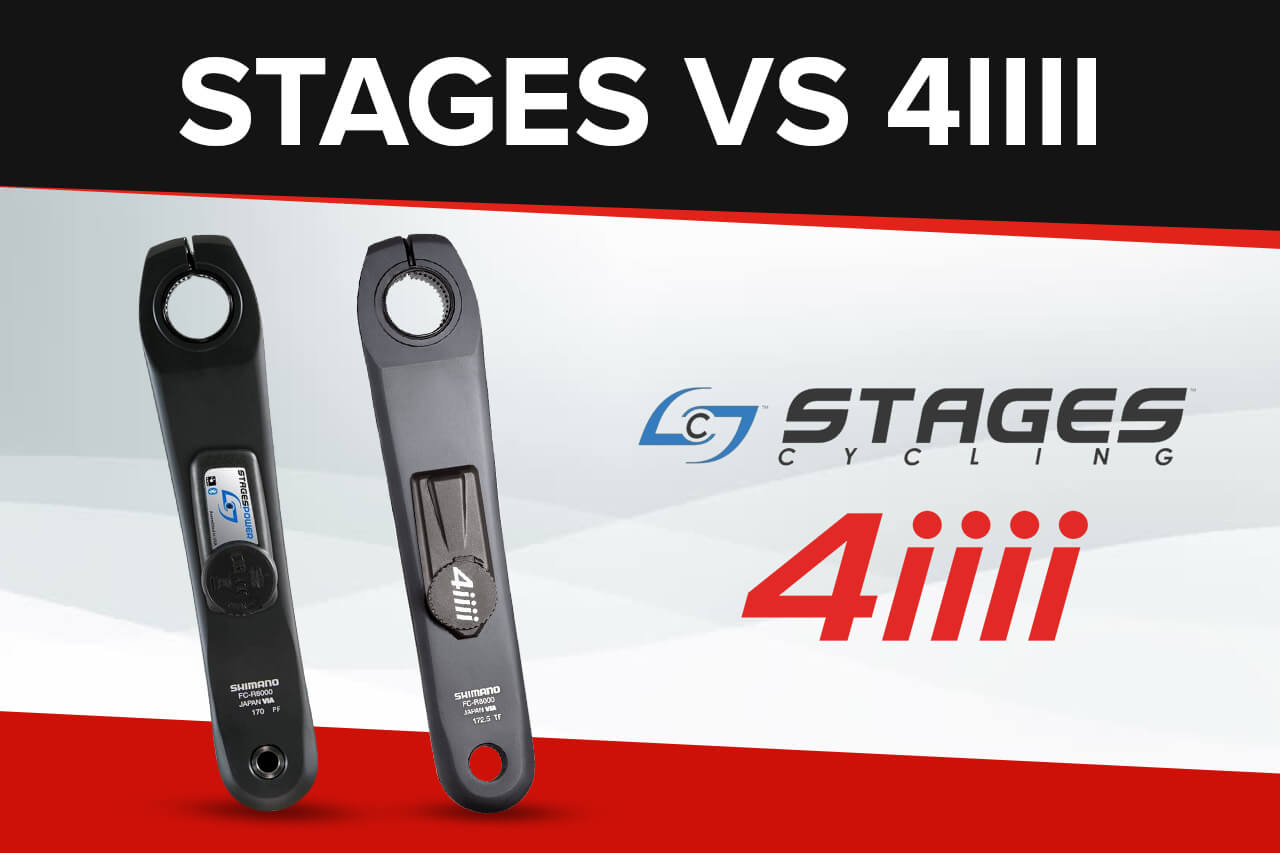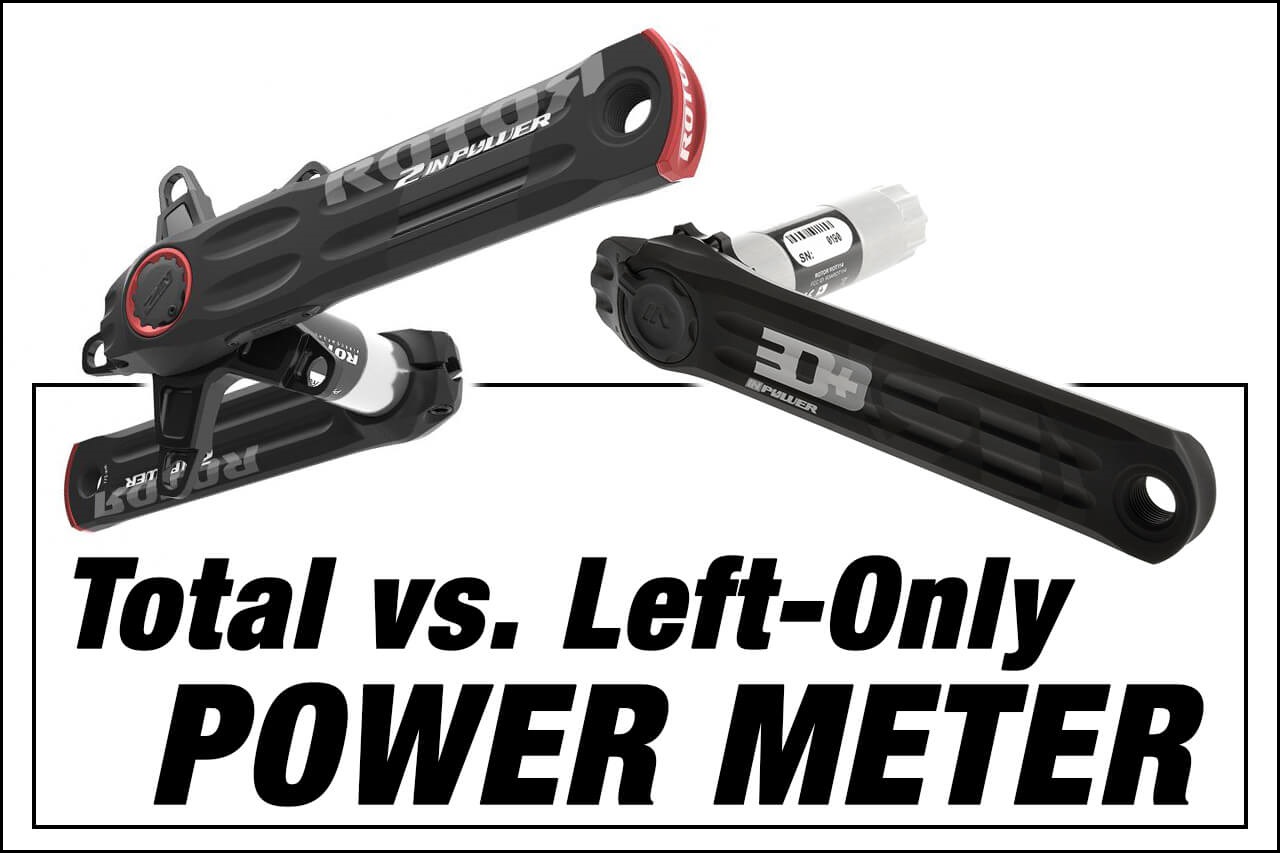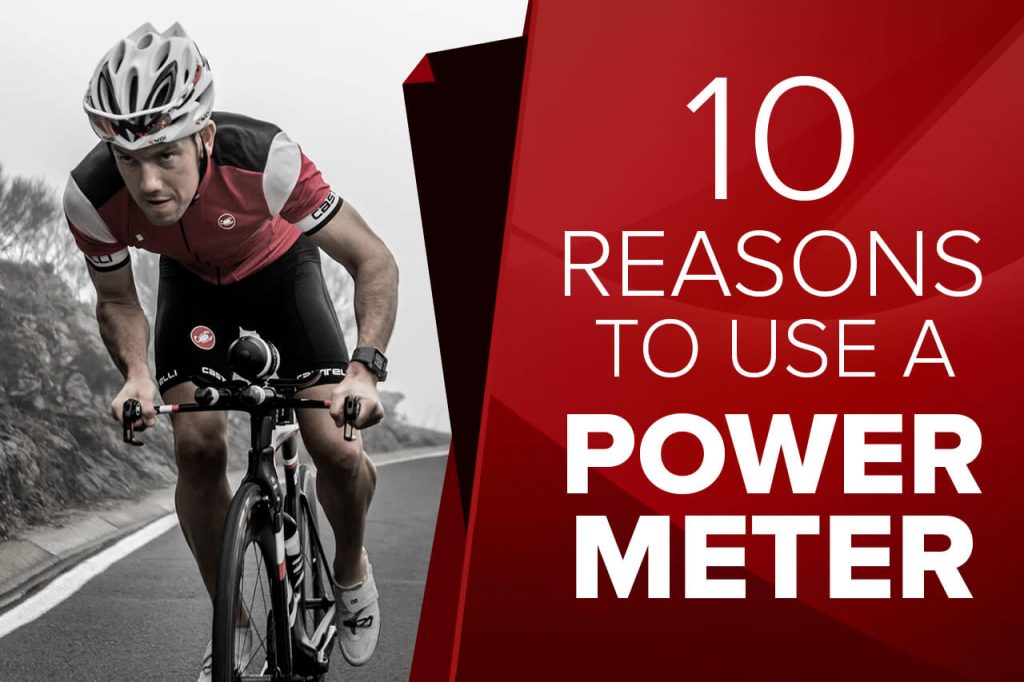To begin with, we should be clear that we believe weight shouldn’t be your main criteria when choosing a power meter. The benefits of training with power more than offset the weight added by a power meter. In addition, even the heavier power meters add maybe 200-250 grams to your bike. This isn’t more than about half a pound. Having said this…whenever you’re changing components on your bike, weight is something you should at least be aware of. So in this article, we wanted to touch on the weight of power meters in a bit more detail. We’ll also highlight the lightest power meter of all – for all you weight weenies out there!

Focus on the Added Weight of Your Power Meter
When determining the weight of your power meter, it’s important to focus on added weight. For example, say you are swapping your current crankset out for a crank-based power meter. The weight of the power meter is only part of the equation. You also need to know how much your current crankset weighs. Then, by determining the difference, you know how much weight you are adding. So in our example, if the crank-based power meter you’re considering weighs 700 grams, and your current crank weighs 500 grams, the added weight is 200 grams. This is the number you care about.
Some Example Weights…
Typically, crank-based power meters are the heavier power meters (SRM, ROTOR 2INpower, etc.). Some of these power meters can add upwards of 200-250 grams to the bike. Again, it’s worth reiterating that this isn’t more than about half a pound. So it’s not like these power meters are ‘heavy’ by any means. This is why we say heavier, in the relative sense.
Pedal-based power meters are somewhere in the middle, typically weighing around 300-350 grams. If you compare this to some of the popular non-power meter pedals on the market, you might be adding somewhere around 100 – 150 grams of weight.
And the Lightest Power Meter is…
The very lightest power meters are made by 4iiii Innovations and Stages Cycling. These companies make crank-arm based power meters. With this type of power meter, the manufacturer takes an OEM crank arm such as Shimano, and attaches their power sensor (electronics, strain gauges and battery) to the inside of the crank arm. The Stages sensor weighs about 20 which is practically nothing.
While we are definitely splitting hairs, the absolute lightest power meter is made by 4iiii. Their PRECISION models add 9 grams of weight to the bike. If a lightweight power meter is what you seek, the 4iiii will deliver. We should also note, you’re not sacrificing quality for weight either. The 4iiii boasts accuracy of +/- 1.0%, making it one of the most accurate power meters as well. While we’re at it, they currently have models like the 4iiii PRECISION 3+ Shimano R7000 starting at $335. This also makes it one of the most affordable power meters. Trifecta.

 4iiii PRECISION 3+ Shimano GRX RX810 Power Meter
4iiii PRECISION 3+ Shimano GRX RX810 Power Meter 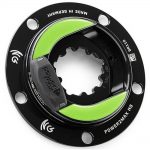 power2max NGeco SRAM Road Power Meter
power2max NGeco SRAM Road Power Meter 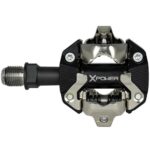 SRM X-Power MTB Power Meter Pedal
SRM X-Power MTB Power Meter Pedal 